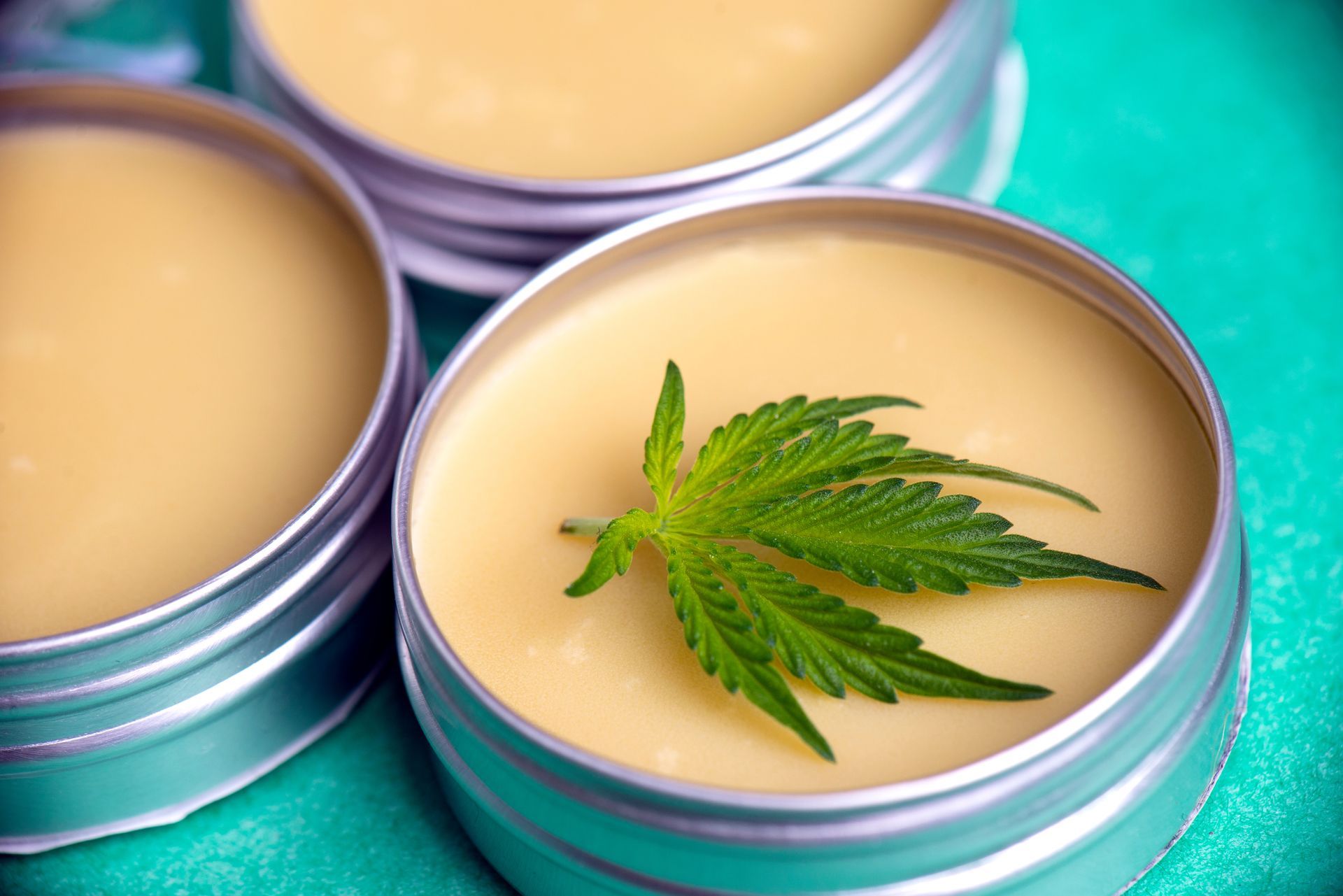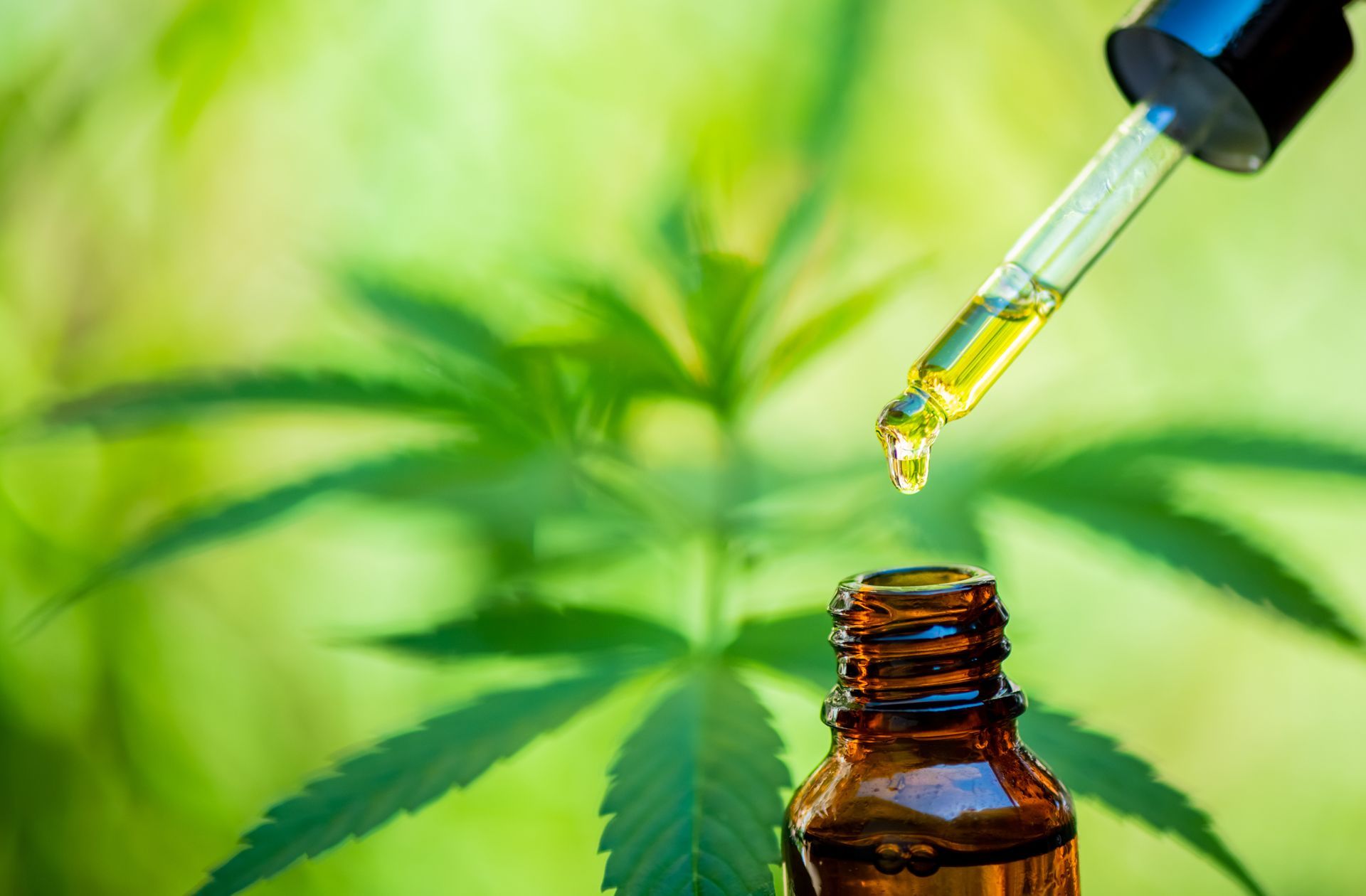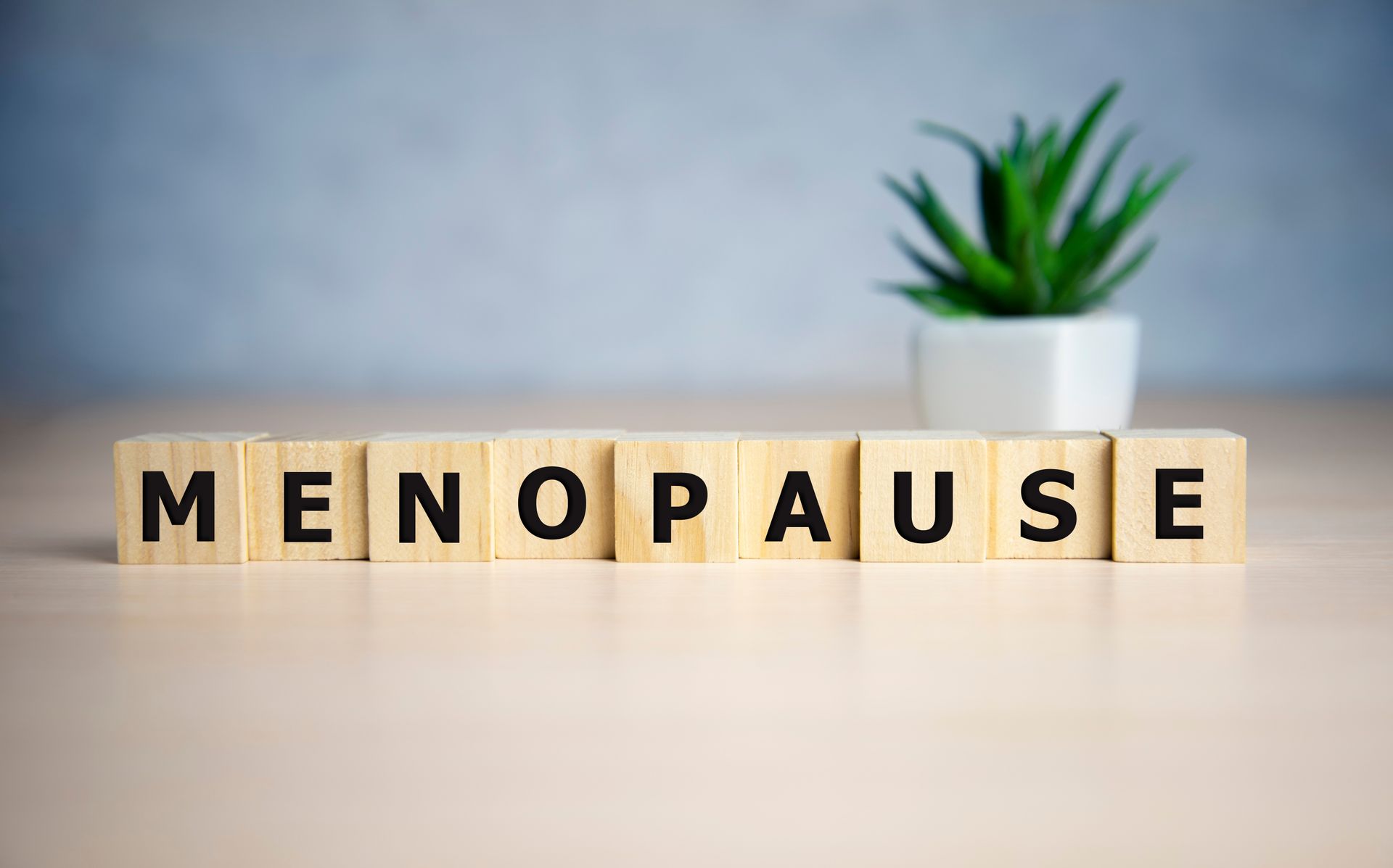CBD FAQ
September 6, 2019
Does CBD get you high?
No, it does not have the intoxicating or psychoactive effects associated with THC, which is a separate cannabinoid. Some CBD products (full spectrum or whole plant CBD products) contain trace amounts of THC, but generally not in high enough concentrations to have noticeable effects on users. CBD isolate products containing absolutely no THC are also available.
Are there risks to using CBD?
CBD is considered safe compared to many other over-the-counter pharmaceuticals. Studies have shown humans can tolerate at least up to 1,500 mg/day, which is significantly more than the 20 to 50 mg/day many people take for pain management and other uses.
There is also no evidence that CBD poses a dependency or abuse risk.
Is CBD legal?
The answer is complicated. In states where marijuana is legal for medical or recreational use there are very few restrictions on CBD. The only states that don’t allow any kind of legal use of marijuana or cannabis-based medical products are Idaho, South Dakota, Nebraska and Kansas. Twelve states have enacted low THC, high CBD laws to allow people access to CBD-based products.
Technically speaking, according to federal law, all extracts from cannabis plants are classified as Schedule 1 drugs, even though CBD has no psychoactive or intoxicating effects. Despite the illegality of consumption, the industrial cultivation of hemp used to formulate CBD is legal if it contains less than .3 percent THC.
Does CBD come from marijuana plants?
CBD used for products like CBD oil, lotions and other medicinal applications is derived from hemp, not marijuana.
Both hemp and marijuana are cannabis sativa plants, but hemp is a variety that contains negligible THC levels. Marijuana plants also contain CBD, but the CBD tends to be concentrated in the stems and seeds of the plants with the buds of the plants featuring high concentrations of THC rather than CBD.
Hemp plants, however, have high concentrations of CBD in the stems, seeds and bud. Hemp plants, by classification, must contain less than .3 percent THC.
How do you ingest or use CBD products? Do you have to smoke CBD?
CBD is delivered in a diverse variety of methods. Oral CBD oils and tinctures come with a dropper, and users just squeeze out a few drops under their tongue. Nationwide pharmacy chains are now carrying CBD lotions for topical applications. CBD edibles and capsules are also available.
Some people who are looking for a combination of THC and CBD smoke particularly CBD-laden strains of marijuana or vaporize CBD oils derived from those strains. Some of those CBD strains include Harlequin, Ringo’s Gift and ACDC.
Are there any side effects associated with CBD?
Compared with other medications, CBD products tend to have low incidents of negative side effects. However, some users have reported:
- Diarrhea
- Fatigue and drowsiness
- Changes to appetite and weight
- Nausea
- Dizziness
- Dry mouth
Does brand matter for CBD products?
Purchasing CBD products from a reputable manufacturer is highly recommended. It’s important to remember that there is only one FDA-approved CBD drug, so the production of the majority of CBD-infused products is not heavily regulated by a food or drug safety organization.
Just because these products aren’t FDA-approved doesn’t mean they aren’t safe and effective. It’s a good idea to do your research and identify the most trusted CBD brands that have products available near you.
It will also be worth your time to look up reviews on reputable review websites, such as CBD Oil Users, Leafly and CannaInsider.
What is the difference between full spectrum or whole plant CBD products and isolate CBD products?
CBD products marketed as being full spectrum or whole plant will contain many other cannabinoids, as well as trace amounts of THC. Many CBD advocates encourage people to try full spectrum or whole plant products due to the many beneficial effects of the other cannabinoids they contain. People who want to entirely avoid THC or those only interested in CBD should stick with CBD isolate products, which are created using pure CBD that’s been completely separated from other cannabinoids.
Where can I get CBD products?
Depending on where you live, it could be as easy as driving to the nearest CVS Health, Walgreens or Rite Aid. Topical CBD ointments and lotions are available in 800 CVS stores, 1,500 Walgreens locations and Rite Aids in Washington and Oregon.
Some Ulta Beauty and GNC Holdings locations are also stocking CBD products, as well as some clothing and accessory retailers such as Designer Brands and Urban Outfitters. There are also many ecommerce options that can be found on the internet.
Where can I learn more about CBD?
If you’re interested in learning how CBD can help people manage pain, anxiety, insomnia or myriad other conditions, or you want to know more about potential CBD treatments that are currently being researched, read through some of the other blogs and articles on TOP10CBD.



